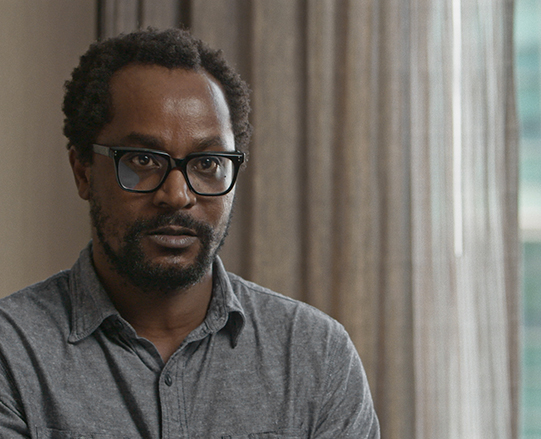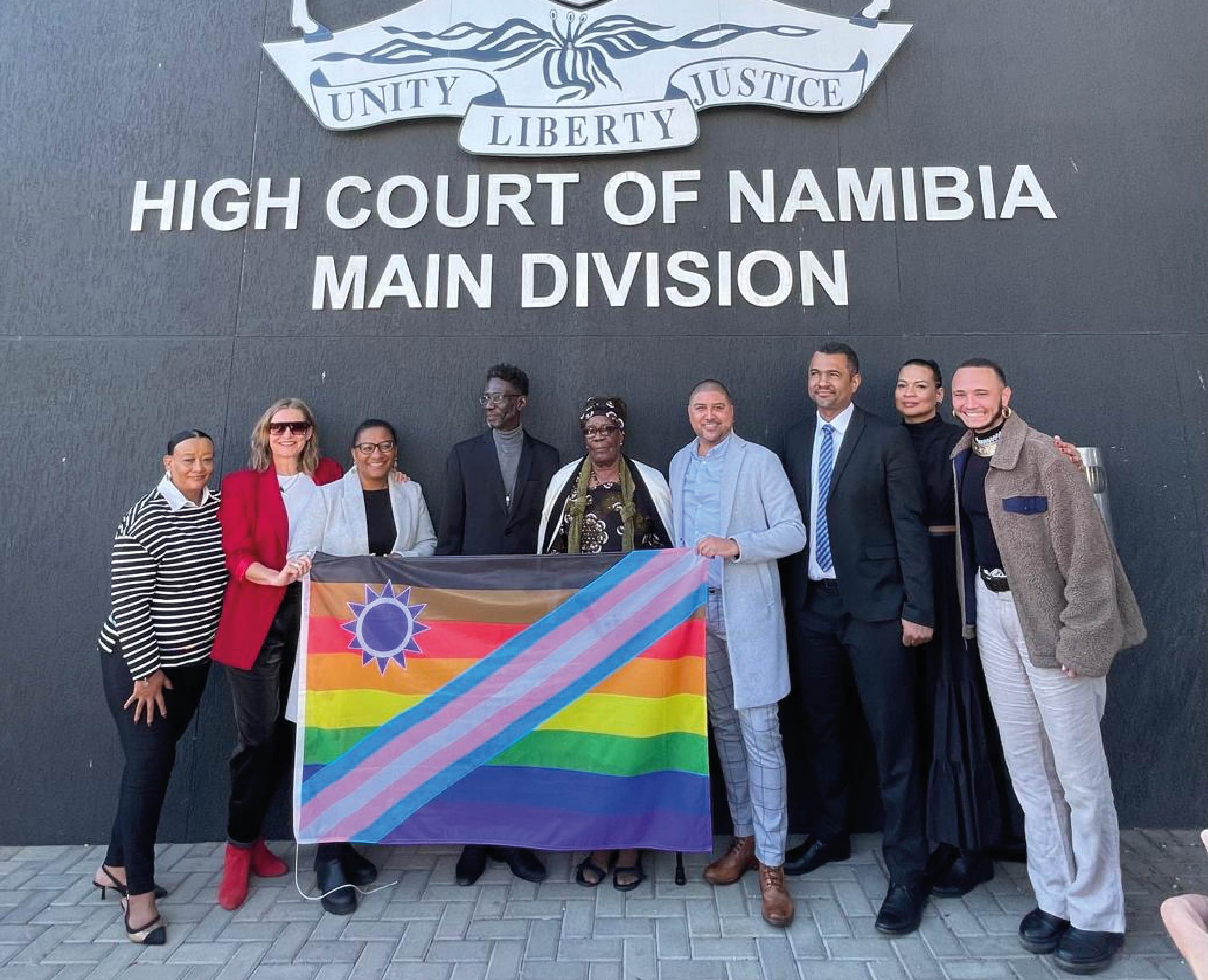New research from the Human Dignity Trust finds that every year, millions of LGBT people across the Commonwealth suffer physical, sexual and psychological violence, as well as damage to their property, which is motivated by prejudice and hatred.
In many Commonwealth countries, they live with the daily reality and fear of hate-motivated abuse – perpetrated by both state and non-state actors – at home, in educational institutions, in public and online.
The report, Hate Crimes against the LGBT community in the Commonwealth: a Situational Analysis, reveals that LGBT people are more likely to suffer violence in their lifetime as compared to the general population. For many, living with a heightened risk of imminent physical or sexual violence harms their mental and physical health. Both the violence itself and these negative personal impacts consequently affect society as a whole.
The report forms part of the Trust’s ongoing programme of technical assistance for legislative reform, working on request with governments and other stakeholders to reform laws that discriminate against or fail to adequately protect LGBT people and other marginalised groups.
LGBT people often feel that they cannot safely report violence and other hate-based crimes to the authorities, meaning that in many jurisdictions the problem remains hidden and cannot be accurately quantified. There is, unfortunately, good reason for many of them not to report crimes committed against them because this risks ‘outing’ them to the police and their communities, typically resulting in ostracisation, isolation, and worse physical and sexual violence.
One person interviewed in the report stated:
Once you have been targeted because of who you are, it changes you. You learn to look over your shoulder. You have no luxury of safety. You blame yourself; you question how you were dressed.
The report illustrates that regardless of the region, targeted violence against LGBT people remains endemic. Laws enacted under old British colonial rule that are based on antiquated notions of ‘decency’ continue to have an oppressive impact on LGBT communities throughout many Commonwealth countries, which in turn continue to foment hatred against LGBT people. Even in jurisdictions that have reformed or overturned these laws, their legacy effects can still be felt in contemporary institutions and broader public sentiment.
There are a number of common dimensions of anti-LGBT hate crimes across the Commonwealth:
| LGBT people are disproportionately subjected to criminal acts of violence and abuse | Anti-LGBT hate crimes are more likely than non-hate-based crimes to be characterised by high levels of physical violence. |
| LGBT people are likely to be repeat victims of hate crime | Sexual violence is used as a weapon against all LGBT people |
| Perpetrators of anti-LGBT hate crimes frequently act in groups | Anti-LGBT hate is often intersectional, meaning that people of certain ethnic backgrounds and genders are more likely to experience anti-LGBT victimisation |
| Anti-LGBT hate crime against any given individual is likely to have a negative signalling impact on all LGBT people | LGBT people generally are likely indirectly to experience a similar emotional impact as direct victims of hate crimes where they have read or heard about the incidents |
There is cogent evidence that violence directed against LGBT people in particular regions of the Commonwealth is both more prevalent and more severe. While examples of brutal acts of hatred can be found in countries such as Australia, Canada, New Zealand and the United Kingdom, the use of so-called ‘corrective rape’ against lesbian women, ‘mob attacks’ and torture of gay men and trans women in public spaces, and the familial abuse of all LGBT people appear to be more commonplace in countries that criminalise same-sex intimacy and non-conforming gender identities.
A significant proportion of anti-LGBT violence is committed by the police in countries where officers are tasked with enforcing existing anti-LGBT laws. The law in effect provides a legal basis to demonstrate hostility towards LGBT people.
The Human Dignity Trust says that there is much work to be done in challenging anti-LGBT animus and supporting the needs of LGBT communities throughout the Commonwealth, including the enactment of hate crime laws and the decriminalisation of consensual same-sex intimacy and certain gender identities. More work is also needed to ensure that state agencies have the capacity and knowledge to enforce and apply laws aimed at protecting people from targeted abuse.
Knowledge sharing across jurisdictions, and domestically across agencies is key to ensuring that laws and policies are effectively applied.
If there is one thing we can all agree on, it must be that violence in any society is unacceptable. Addressing hate-motivated crime is one important place to start. Old laws that incite hatred and violence against LGBT people must be abolished, and new laws specifically condemning prejudice-based violence can help re-set societal values and expectations.
The report is the second piece of research from the Trust looking in depth at hate crimes in the Commonwealth. It follows an earlier report, analysing and assessing the types of legislative tools and options that can be used in the Commonwealth to tackle the pervasive violence faced by LGBT communities.




